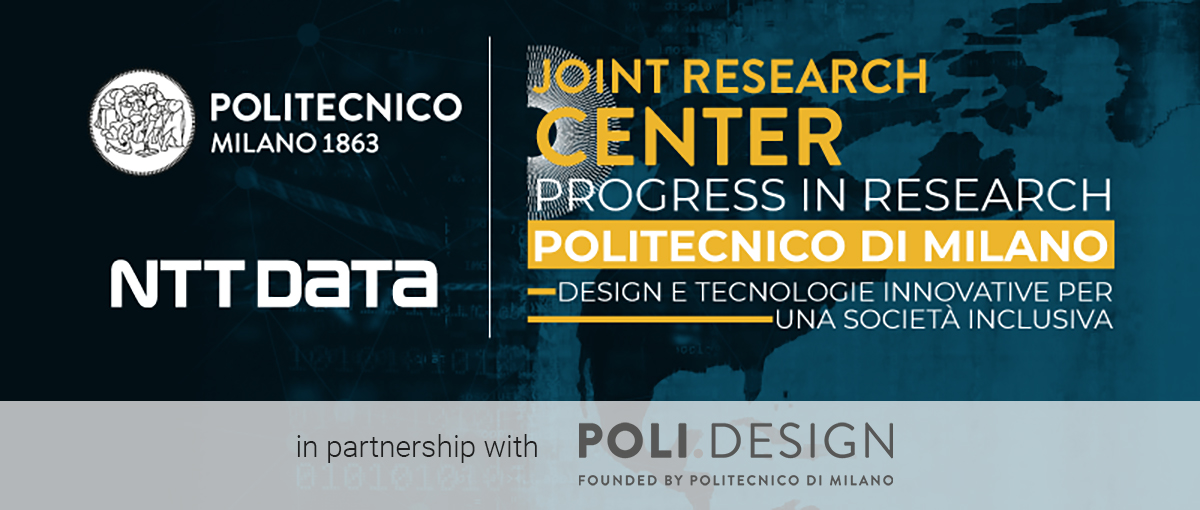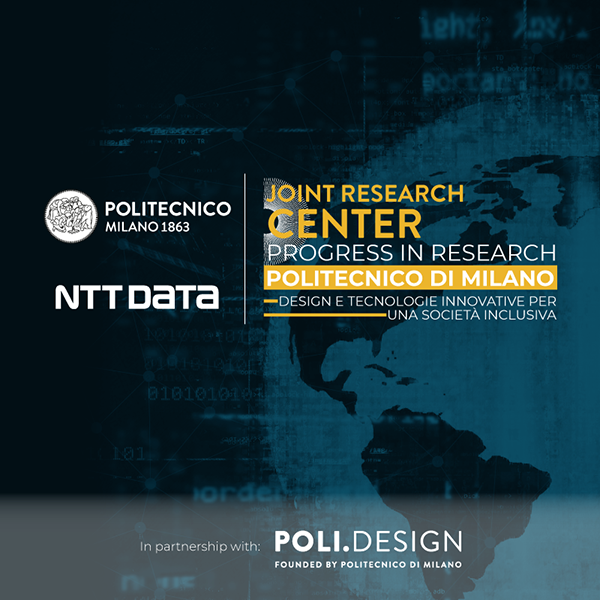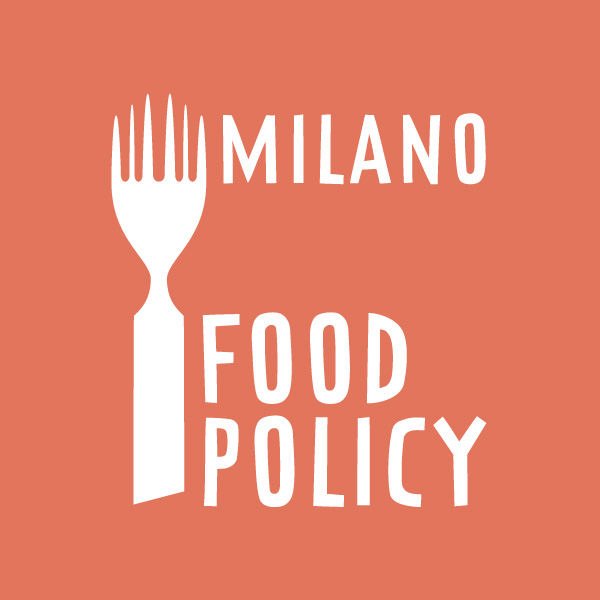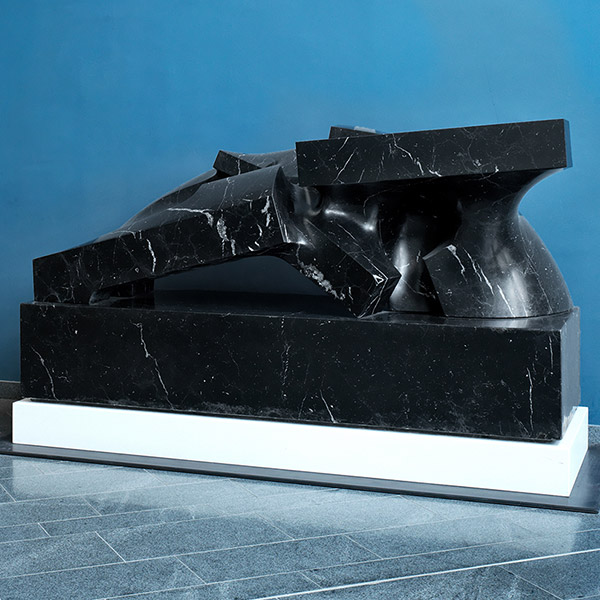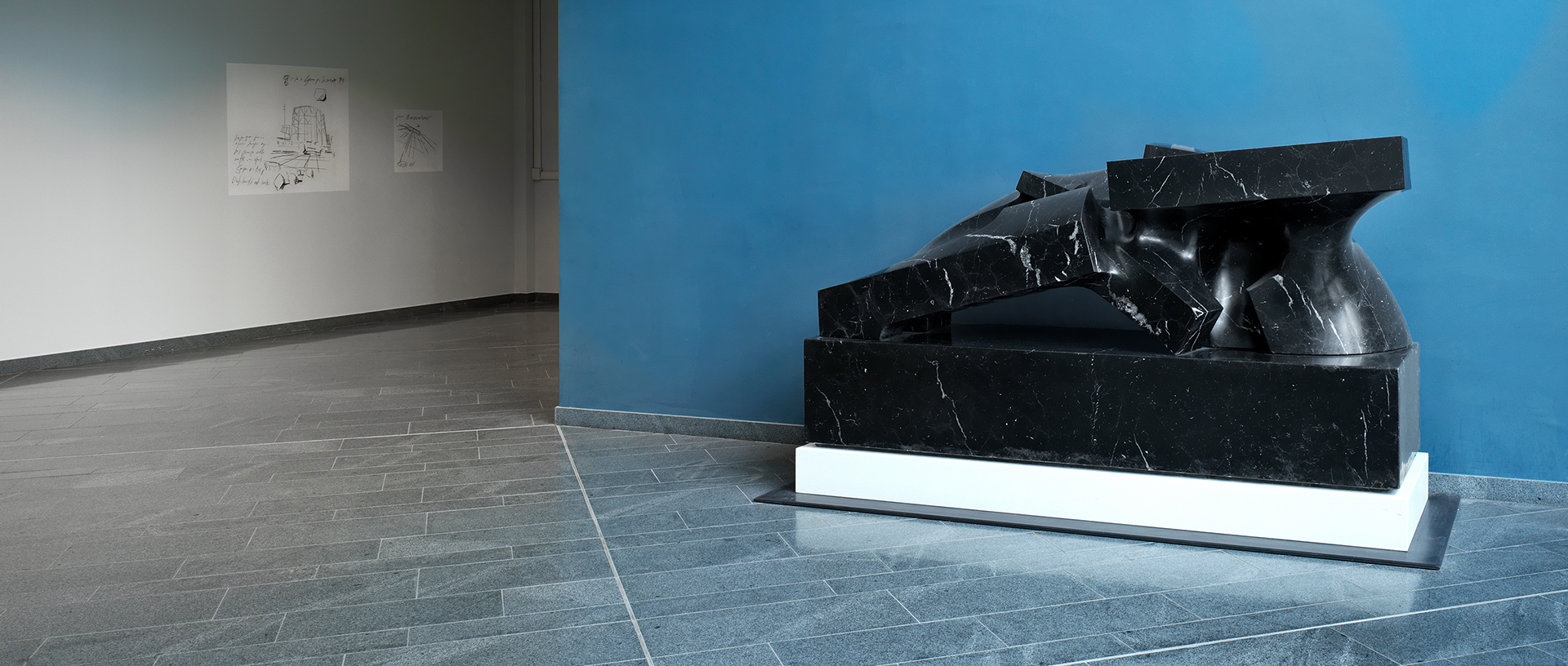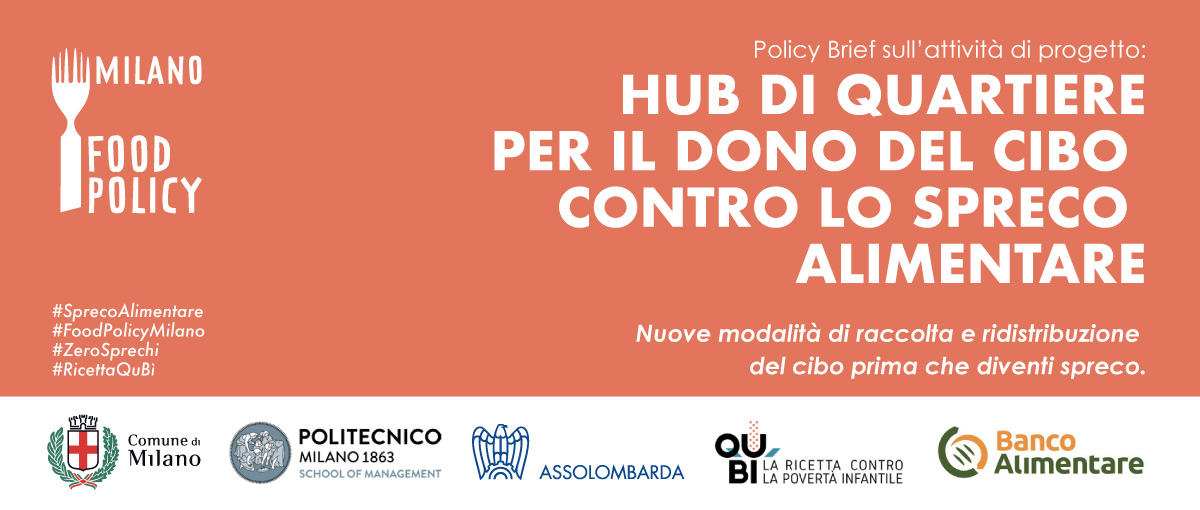
In 2015, Milano was behind a new Food Policy to pioneer a more sustainable food system throughout the city, introducing a multidisciplinary and participative approach where city authorities act as drivers and enablers.
A top priority in the food policy is to reduce food waste, and the best way to get there was to bring on board local players – the city’s research centres, institutions, private sector, foundations and social actors.
To turn this priority into concrete actions, in 2016, Comune di Milano, Assolombarda and Politecnico di Milano agreed a memorandum of understanding, entitled “ZeroSprechi”, set up to reduce food waste and implement a new method for collecting food which would then be donated to those in need. The design and trial of such a model to gather and redistribute excess food was built around local groups and networks.
Comune di Milano identified an unused public area in the Municipio 9 zone, allocating it to the project as a hub for stocking and distributing food collected by TSOs, charities and non-profit organisations.
Politecnico di Milano conducted a feasibility study on the network and now will monitor the operations at the hub and the impact of the project over a 12-month period, building a logistics model that can be scaled up and replicated in other city quarters.
Assolombarda ran an intense awareness programme, identifying and involving several companies who have joined the project, and it supplied the “ZeroSprechi” logo designed and donated by the Armando Testa Group, to reward exemplary companies and highlight the serious problem of managing food excess.
Banco Alimentare della Lombardia, winner of the competition to run the hub, will be responsible for day-to-day operations on the basis of the Politecnico-designed model, collecting food excess and distributing this food to partner charitable organisations in the local area.
Programma QuBì – a formula to fight child poverty – which had previously started a similar hub in Via degli Umiliati, joined the initiative, funding the outfitting and management of the hub in Via Borsieri and bringing its own local network into the scheme.
This is an innovative project involving the combined work of all actors concerned, from the companies engaged in donating and enabling the recovery of excess food, to non-profit organisations acting as contact points with the needy and the public authorities backing these ethical initiatives.
“I am pleased that this hub is now open, because so many of our city’s plays worked together to get it off the ground”, declared Anna Scavuzzo, Milan’s Deputy Mayor responsible for the Food Policy programme. “This is the first example of a local network established to collect and redistribute food before excess becomes waste. Collaboration with Municipio 9 means that we were able to give the city an unused public space and, at the same time, highlight our commitment to reduce food waste, a top priority in Milan’s Food Policy. This project runs alongside a 20% reduction in the variable quota of the TARI tax on waste for companies that donate food, the drive to collect and redistribute food excess from school canteens, and wider actions currently under study together with AMSA (waste management services). The Via Borsieri hub is another step forward in our quest for a more sustainable, inclusive and equal Milan”.
Giuseppe Lardieri, President of Municipio 9 echoed her feelings by saying: “I am happy that Municipio 9 is hosting this project. At its heart is the debate on the right of access to food and the distribution of food that is not used. With the new poverty in our smart cities, these are topics that should push us all to do better. Without forgetting that reducing food waste means reducing waste in general and encouraging us to eat more perishable foods like fruit and vegetables, which are also healthier. I am sure that all actors in the Municipio 9 zone – industries, supermarkets, restaurants and food services, third sector, institutions – will play their part to ensure the success of this initiative”.
“Politecnico di Milano is proud to bring its contribution to the project, elaborating a model for collecting food that can be replicated in other parts of the city and in other places altogether”, declared Marco Melacini, Professor of Logistics and Scientific Director of the Food Sustainability Observatory of Politecnico di Milano. “The project does not terminate with the opening of this hub in Via Borsieri and there will be regular meetings to check whether it is proving effective in the excess food collected and efficient in gathering and distributing this food. The work group will provide periodical updates on the progress of the project”.
“We are proud that the first food excess recovery project engaging supply chain companies and third sector operators within the city of Milan is in now place, two years from signing the memorandum of understanding”, said Alessandro Perego, Director of the Management Engineering Department at Politecnico di Milano. “The need to act on waste is particularly sensitive both from a social standpoint and environmentally, and we believe that Milan, with everyone concerned acting together, is taking a decisive step towards a more sustainable future in matters relating to food”.
“Today we have reached a significant target in our fight against waste, setting in motion an effective process to gather and redistribute food excess, based on a replicable model that makes Milan the standard-bearer for this campaign”, stated Alessandro Scarabelli, General Director of Assolombarda Confindustria Milano, Monza & Brianza, Lodi. “This result is the outcome of strong collaboration between associations, bodies, companies, universities and non-profit organisations, all pooling their contributions in a joint, concerted undertaking and, by using a fast track system, maximising the delivery and consumption of excess food. In addition, with the “ZeroSprechi” logo, we want to highlight the companies taking an active role in the project that, by joining the initiative, are promoting good practice and a culture of reducing food waste”.
“Banco Alimentare della Lombardia intends to get closer to its partner charitable organisations in the districts of Milan’s Municipio 8 and Municipio 9 zones, and fight food poverty together. We are, with for-profit companies, institutions, trade associations and grant-giving foundations, a winning team, and can address need with real solutions”, said Marco Magnelli, Director of Banco Alimentare della Lombardia.
“The problem of child food poverty in Milan must be faced and resolved through an intervention model that requires all the forces involved to work together closely. The inauguration of the Via Borsieri hub is a giant step in this direction. Programma QuBì has already helped Banco Alimentare della Lombardia to open the first two city collection points and now, through our synergy with other interested parties, we will be able to maximise food collection, reduce waste and strengthen our capacity to reach families in food poverty. The fight against food poverty is a cornerstone action in the multi-year Programma QuBì promoted by Fondazione Cariplo Foundation – with the support of Fondazione Vismara Foundation, Intesa Sanpaolo, Fondazione Enrica & Romeo Invernizzi and Fondazione Fiera Milano – in collaboration with Comune di Milano and third sector organisations operating in the local area. This 25-million-euro challenge will commit Milan in its entirety, calling on companies, institutions and private citizens to produce a common formula that can provide concrete answers to disadvantaged families and create exit paths from need”, concluded Giuseppe Guzzetti, President of Fondazione Cariplo
